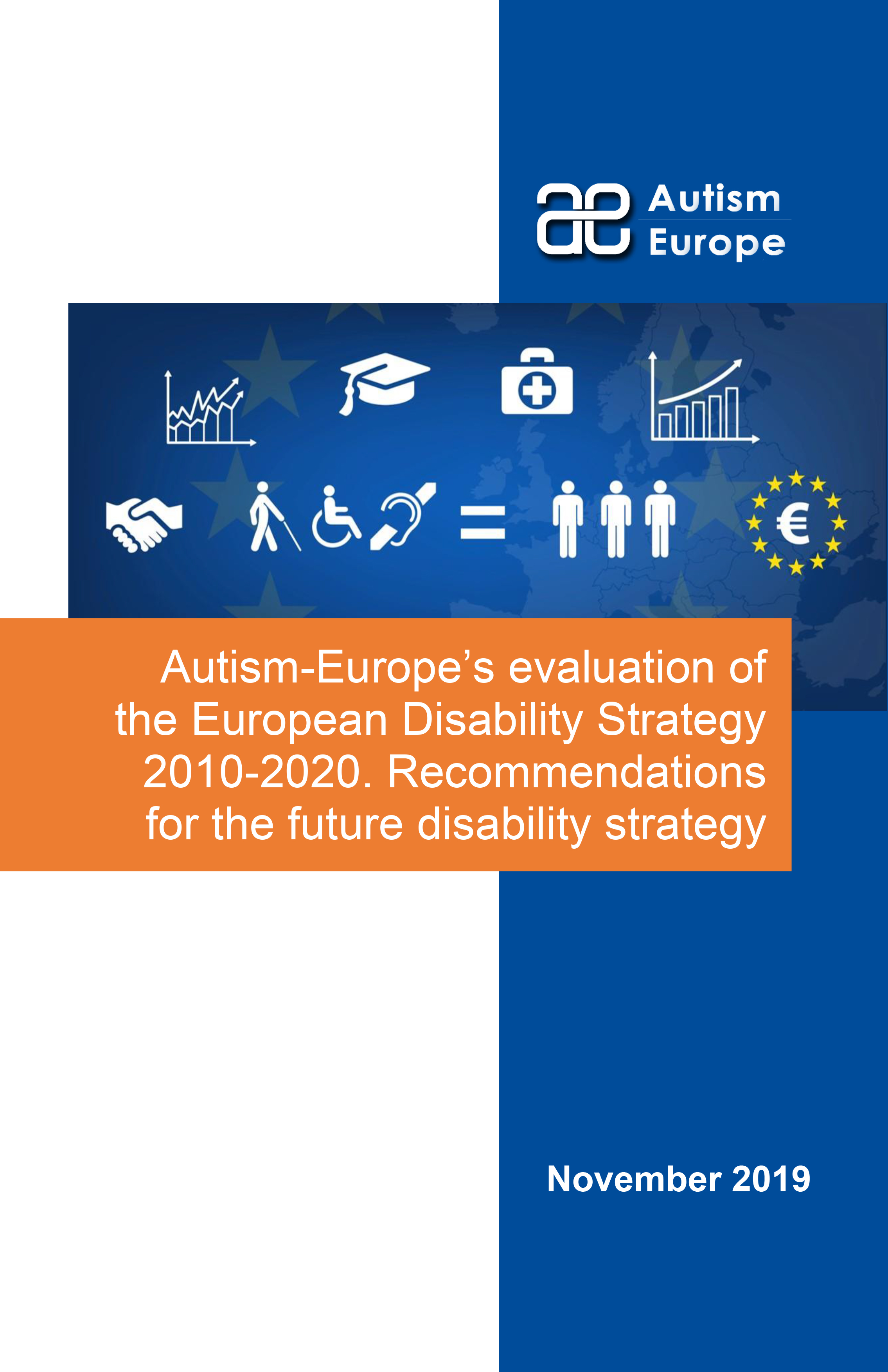
These recommendations were issued in the framework of the public consultation launched by the EU Commission to hear citizens’ and stakeholders’ opinion on the activities carried out by the EU since 2010 for the implementation of the UN Convention on the Rights of Persons with Disabilities (UN CRPD) at EU level. The information collected will be used to assess what has been achieved during the 2010-2020 period. It will also help the Commission to draw lessons on how to improve disability policy in the future, making it more effective and focused.
The EU has a leading role to play in facilitating the implementation of the UN CRPD. The future European disability strategy should aim at supporting the full implementation of the convention at the EU-level and in the member states. It should also be consistent with the objectives of the Sustainable Development Goals (that mention disability 11 times) and the European Pillar of Social Rights where disability is mainstreamed.
It entails that disability and the UNCRPD provisions should be systematically mainstreamed into all relevant EU policies, AE therefore calls for disability focal points in all EU institutions and efficient interinstitutional coordination as well as adequately resourced monitoring mechanism.
Given the specific challenges and high level of discrimination faced by autistic people across the EU, AE calls on the EC to support actions toward the full realisation of their rights. It requires targeted actions in various areas such as education, employment, health, accessibility, social inclusion and lifelong support in the community, notably by:
- Encouraging Member States to adopt adequately resourced cross-sectoral national strategies or action plans to respond to the needs of autistic people, in line with the UNCRPD and international recommendations;
- Promoting the coordination between Member States of relevant policies in the field of autism;
- Harmonising practices, promoting community-based services and benchmark necessary levels of quality across all EU countries;
- Adopting principles of best practices and foster exchange between member states to respond to the needs of autistic people in various fields of life;
- Promoting training of professionals in autism across all relevant sectors;
- Supporting research to improve the quality of life and inclusion of autistic people;
- Fighting stereotypes and raising awareness;
- Supporting and involving autistic people, their families and their representative NGOs through continuous structured dialogue.